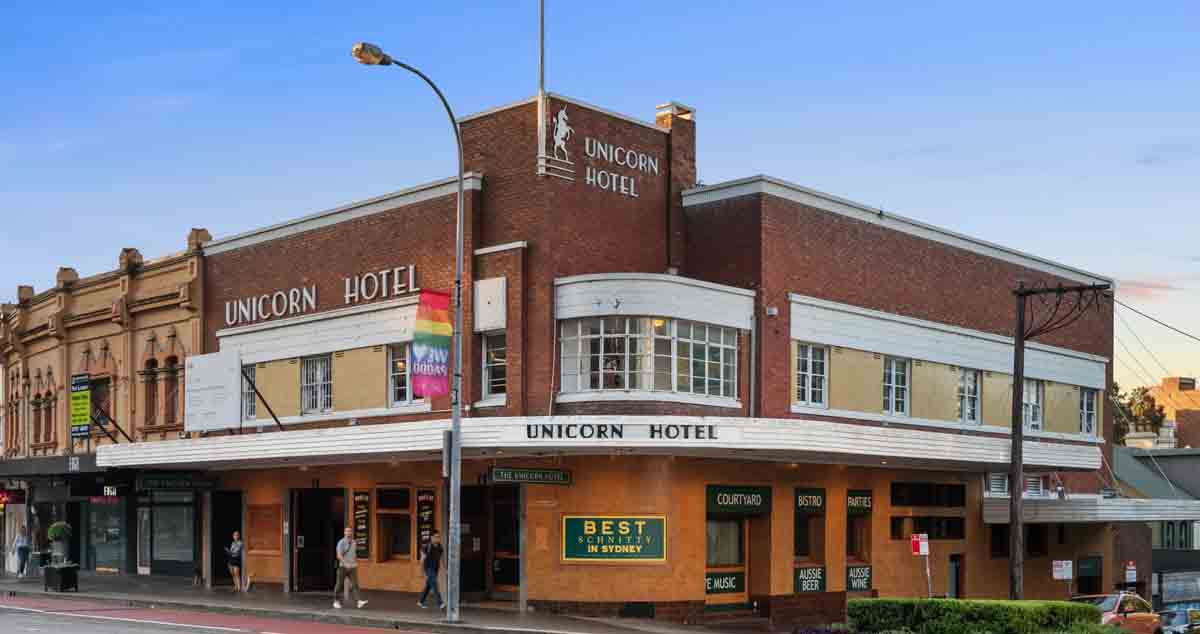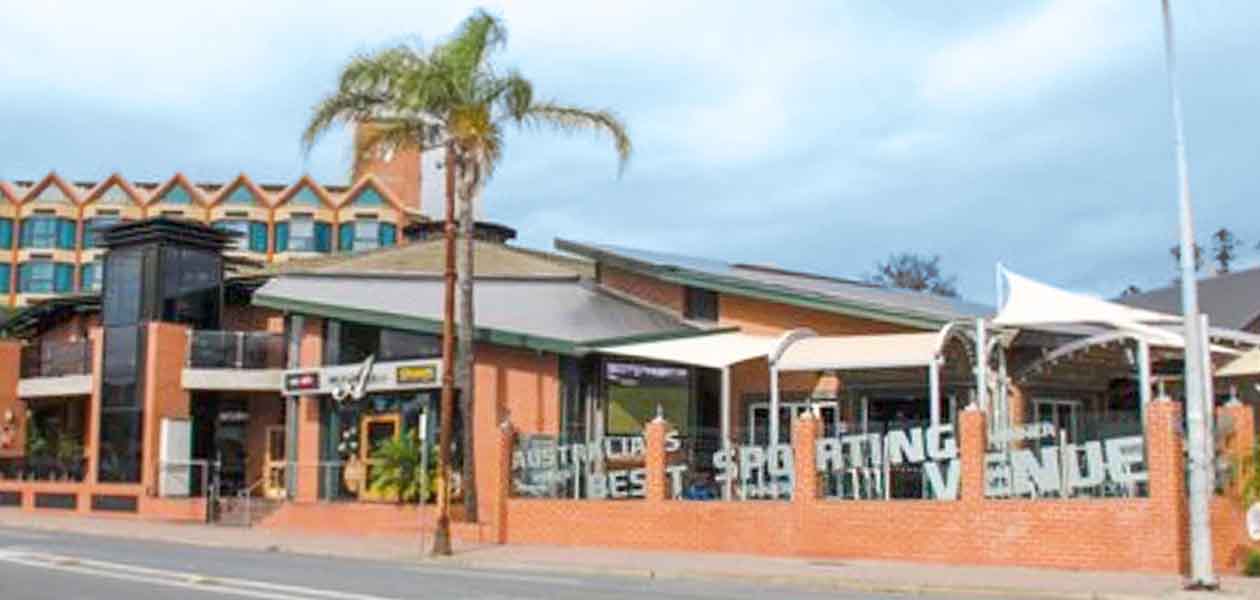A controversial case of buyer’s remorse has been settled in the NSW Supreme Court this week, bringing judgement on a dispute over the sale of the Quarryman’s Hotel by Laundy Hotels to the Parras family.
More than a year since legal wrangling began, Justice Rowan Darke delivered his verdict, finding the sale contract was not ‘frustrated’ and the vendor (Laundy) had the right to terminate and recover damages.
In late 2019 HTL Property approached the Parras’ about purchase of the Hotel for $13m. An offer of $10.6m was made, later increased to $11.25m, based on capitalisation rate of 8.9 per cent. This offer was accepted on 10 January 2020.
Contracts on sale of the freehold property with associated hotel licence, gaming machine entitlements and business were agreed and exchanged on 31 January, with a five per cent deposit ($562,500) paid, as required.
Agreement was reached that completion of the sale was to take place Tuesday, 31 March 2020.
A clause in the contract provided that until completion, the vendor must “carry on the Business in the usual and ordinary course”.
In late March the first of a series of orders made under the Public Health Act regarding the COVID-19 virus commenced, shutting all licensed venues at noon on 23 March. The Quarryman’s closed its doors as dictated, re-opening for takeaway sales and delivery on 26 March.
This development reportedly caused great concern to the buyers, who feared the hotel’s closure could have catastrophic consequences upon their ability to obtain the revenue and meet financial covenants.
Solicitors for the Parras’ sent a letter to the Laundys’ solicitors on 25 March, contending that the contract was frustrated and the deposit should be returned, because the hotel business was not able to be operated as a going concern. It suggested the vendors were in breach of the Special Conditions and that they won’t be proceeding with the contract so long as this continued.
On 27 March the Laundys’ solicitors responded, rejecting suggestion their client was in breach, and calling upon the purchaser to complete. It was also argued that despite the public health orders the hotel business continued to trade as a going concern, albeit restricted to providing food and beverages to customers to consume off-premise.
This was met with a response that the buyer’s position was maintained.
On 17 April the Laundys’ solicitors advised that the next step would be to issue a Notice to Complete.
However, mindful of the potential for litigation and the associated expense and delay, under instruction by the Laundys, an offer was made to extend the time for completion to a date 14 days after the removal of the existing COVID-19 related legal impediments. This offer sought a response by 20 April, but according to Justice Darke it did not get any response.
After further threats and denials, a Notice to Complete was served on 28 April, calling for completion by 13 May, 2020.
On the same day, the Parras’ commenced legal proceedings, citing that the contract had been frustrated.
On 21 May the defendant’s solicitors served a Notice of Termination, citing the purchaser failed to complete and reserving rights to keep the deposit and seek damages.
The court heard testimony that it was not economically feasible for the hotel to open for trade beyond takeaway sales until 1 June, when easing of restrictions allowed up to 50 customers in each separate area.
Justice Darke suggested the “plaintiffs seem to contend” the defendant was bound to operate the hotel contrary to the public health orders, while the defendants contended their obligations were to do so only according to law.
Key to the verdict, Justice Darke found the notion of carrying on the Business in “the usual and ordinary course” must mean it will continue to be carried on in a lawful fashion or risk “commercially unexpected” consequences.
“Operating the hotel business in an unlawful manner … would obviously place the future operation of the business pursuant to the hotel licence (and the licence itself) in some jeopardy.”
He found that the contract was not frustrated, the parties remained bound, and the defendant, “ready, willing and able to complete” had a right to terminate.
In accordance with contract clauses regarding the purchaser’s failure to comply, the vendor can keep or recover the deposit and sue the purchaser to recover damages for the breach.
Using evidence submitted on valuation of the asset it was determined the difference between the contract price of $11.25m and the value at 21 May (the date of Termination) was about $900,000. This was to come from the $562,500 deposit plus settlement.
The Laundys were also awarded costs of both their defence and Cross-Claim.







